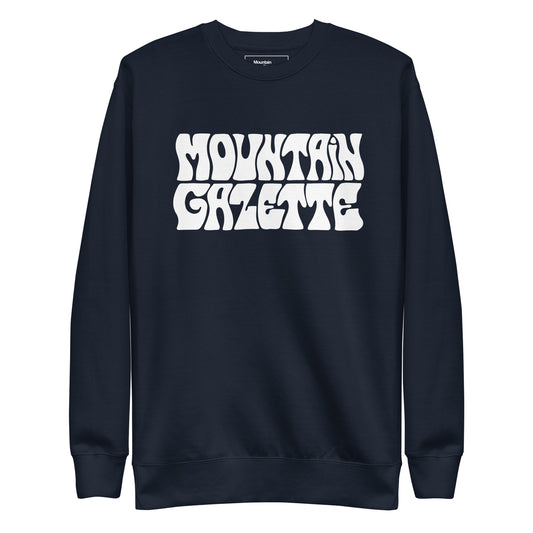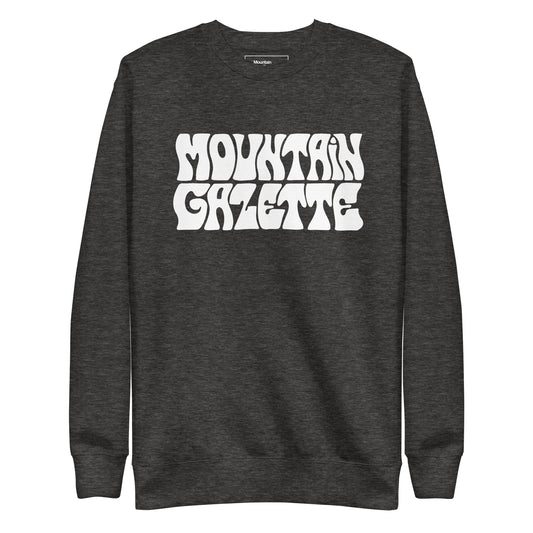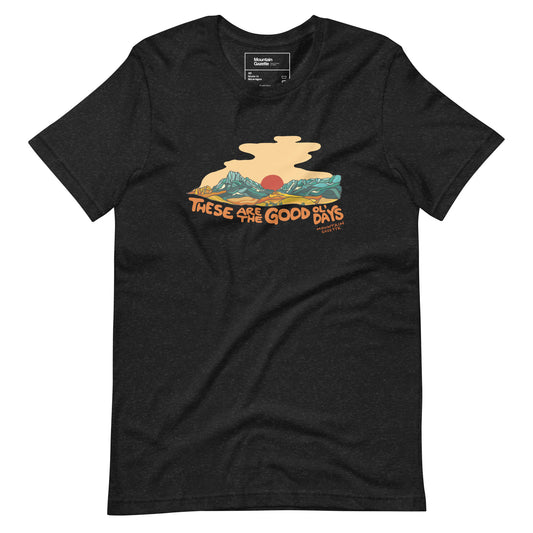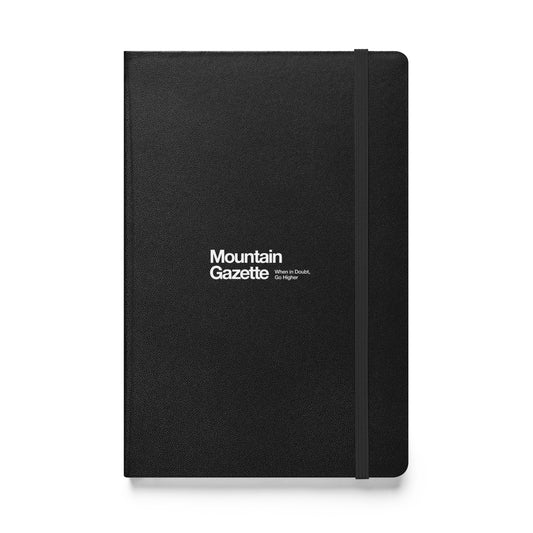This article was originally published in the Here & There newsletter by Kyle Frost. Here & There is now Mountain Gazette's weekly Thursday newsletter.
In recent weeks, Google has been rolling out AI-generated search results. This news, paired with a recent leak of 2,500 internal documents outlining some of the inputs that help Google create search rankings have been shaking up the search engine optimization (SEO) world.
So why am I writing about it? Well, many popular outdoors sites rely heavily on traffic from Google searches; changes to how searches are presented and the technologies being utilized have the potential to have lasting impacts on the business models of the (online) outdoor industry.
What is SEO, anyways?
In short, SEO is the creation of content and the optimization of that content on a website to ensure that it appears and ranks well on search engine results pages (SERPs) like Google, Bing, etc. There are two main types of SEO, that I’ll explain as briefly as possible.
Programmatic SEO is an approach that relies heavily on automation. It’s often based around structuring large volumes of content in ways that create webs of links for crawlers to associate. I previously designed a programmatic strategy that drove millions of pageviews for an outdoors website that was targeted at winning “best [activity] in [location]” searches. We utilized a combination of geolocated data and internal curation to generate thousands of destination 'hub' landing pages. This is a strategy employed by companies like Alltrails, Hipcamp, and more – they have large volumes of content, and they want to make sure that they appear highly in relevant search queries like “hikes near [city]” or “camping near [national park]” to acquire new customers. It’s useful to have a dedicated landing page for every more specific query to capture the widest net possible.
There are a range of strategies at play here – url structure, page content, description structure (text vs previewing the “ranking”), title optimization (including numbers, “best”, the current year, etc).


Editorial SEO, on the other hand, is more focused on manually created and more in-depth on specific topics (or simply longer). This is where you’ll find your blogs, news, journalism, etc. While editorial SEO tends to be of higher quality, it can also devolve into less reader-friendly strategies to “optimize” content (if you’ve ever been annoyed about the structure of a recipe blog, this is why). Editorial can also help build backlinks to your website, which can raise your profile and search ranking. While both strategies have pretty well-defined best practices, it’s also a constant game of whack-a-mole to try and guess what Google is looking for. There are plenty of snake-oil SEO “gurus” who take advantage of that opaqueness and claim to have the secret sauce (they don’t).
What's likely to change
With the growth of large language models (LLMs), it’s becoming easier than ever to *fake* both strategies. Previously, to succeed with a programmatic approach meant having a large volume of content to begin with, or relying on human power to whip up thousands of articles in an effort to dominate particular topics or keyword patterns. Thumbtack, a home services company is a well-known study in programmatic SEO – but they had to build a successful business with thousands of local contractors in order for it to work in the first place. Now, enterprising SEO mavens and content-mill sites can spin up a top 10 list for anything on the planet with a few lines of code and ChatGPT. Multiply that by a few thousand and you’ve got a fully built network of pages.
The integration of AI directly into search engines also means that providers are trying to own both the search *and* the answers. We’ve already seen this gradually happening on Google for years prior to AI – searches for activities will often return Google Maps or Places results before other web results. Now, they’re integrating AI summaries and “answers” directly into the search result pages (SERPs) themselves. This has wide-ranging implications for how search “works” and how people navigate the web.



An example of AI results in action
Who's affected?
Sites like Outside, Gear Junkie, and Unofficial Networks have built their primary business models around being able to capture organic traffic via SEO and/or social media and convert that into advertising or affiliate marketing revenue. Based on some data sources, many of these sites receive over 50% of their traffic from search engines. It’s not just large sites either, there are thousands of outdoor bloggers, tour operators, local guides, and more pursuing similar content strategies that rely on search traffic.
AI-based search results may have a significant impact on SEO-driven sites who are dependent on those views for ad revenue. If AI generated "answers" prevent even a fraction of searchers from clicking through to other search results, that might have significant ramifications for the business models of many outdoor sites. When Google starts generating immediate answers to “best hiking backpacks”, what happens to GearLab, Clever Hiker, The Broke Backpacker, and REI (a few of the current top results)? These sites depend on the conversion funnel from search → site → viewing an ad, clicking an affiliate link, or making a sale. But, on the other hand, did we ever really need 10 million identical SEO-optimized "10 things to do in [location]" or “9 best [article of clothing] in [year]” articles?
Why does it matter?
Why am I writing about the nitty gritty of SEO, something many of you don’t really care about? It’s because the strategies and technologies that industries employ (or are affected by) have a downstream effect on audiences. How many “10 best” articles does it take for readers to start losing interest? If your audience starts to see that the effort isn’t there on the creation side, their effort won’t be there to intentionally seek you out. The free traffic machine might be drying up. Much like tying your success closely to Instagram, a reliance on SEO ends up making you a slave to Google’s algorithm and product choices. The internet is rife with stories of SEO “experts” driving massive traffic one month and then losing it all because of a search algorithm change.
The best way to be insulated from these effects is to provide a unique, interesting and useful perspective, and build a strong enough rapport with your audience that they prefer *your* content over everyone else's. It’s one of the reason’s I’m bullish on YouTube creators, print, and lower volume, high quality writing. The sites, writers, and creators who dedicate their time to connecting to, respecting, and owning their audiences will be the most resilient to industry shifts out of their control.
Is SEO dead? No, probably not. The death of SEO has been predicted multiple times over the last decade. There will continue to be best practices for how to structure and write content so it can be found. And, if Google’s often concerning AI generated results are any indication (it thinks that Mountain Gazette’s sarcastic blog post is real feedback), people will continue to lean on traditional search for a while yet. But, it’s probably time to start planning for a major shift.



















